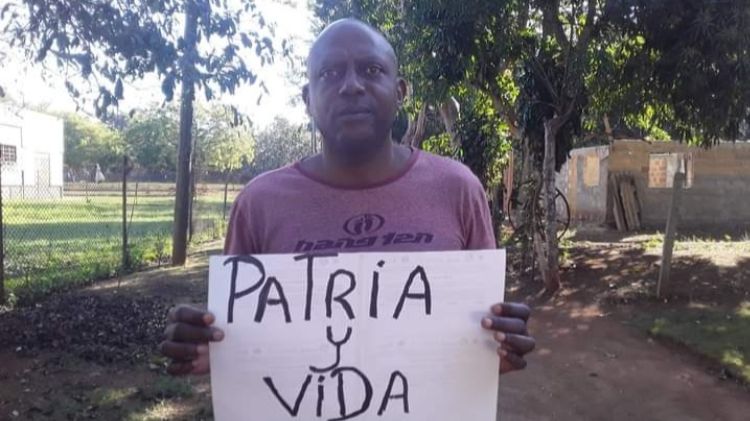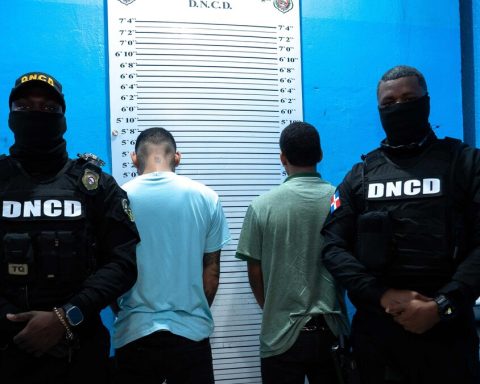D
derived from the extension of the electoral reform proposal presented by President Andrés Manuel López Obrador, we are going to comment in four texts on what the changes consist of. We are going to group the themes according to the following: electoral system and political representation, political parties and independent candidates, electoral authorities, and citizenship and direct democracy.
Electoral system and political representation. On this occasion he commented on the systems and arithmetic formulas to integrate the legislative powers, both federal and of the states, and the councils of the city councils in the states and the mayors of Mexico City (CDMX). Electoral system is the mechanism for converting votes into seats, that is, the number of members of a parliament or council that a political party must have, considering the votes obtained in an election.
These arithmetic operations to achieve the coincidence between both data, votes and positions, have been very diverse in democratic systems. The closer the percentage of seats is to the number of votes obtained, the more egalitarian the electoral system is, it would be a more ad hoc to a democratic country. It means that efficient electoral systems tend to have a zero difference between both percentages.
Both in the Federation and in the states, an over- or under-representation of up to 8 percent higher than the vote obtained by party is allowed.
federal councils. In the country, the formula of pure proportionality has been used to convert votes into seats. In the current Constitution, deputies and senators are elected through two electoral systems: relative majority (MR) and proportional representation (PR).
300 deputies are elected by MR, in the same number of districts, and 200 by RP in five plurinominal constituencies. A total of 500 representatives make up the Chamber of Deputies of the Congress of the Union. The presidential proposal proposes electing only 300 deputies through the system of closed lists per entity. The decrease of the 200 plurinominal deputies represents a decrease of 40 percent of the members of that chamber.
Senates. The Senate is made up of 128 elements, three elected by the federal entity through the MR system and 32 through the RP system.
The assignment of the first two senatorial positions is made to the party or independent candidate that has obtained the highest number of votes in each entity, and the third position to the candidate that comes in second place, this is known as the first minority.
The remaining 32 senators are elected in a single national constituency of PR candidates, which are assigned according to the votes obtained, according to the method of natural quotient and greater remainder.
The political-electoral reform presented on April 28 proposes the election of only 96 senators, three per federal entity, and the rest of the RP are eliminated, a reduction of 25 percent of members of that chamber.
local congresses. Regarding the integration of the state congresses, first a formula is proposed to define the number of local councils, 15 in the entities that have up to one million inhabitants and for every 500 thousand more inhabitants, a seat will be added, with a maximum limit of 45 members.
The election of the local councils would be done like the federal ones, in a list, of the state or entity, alternated by gender. What constitutes a single plurinominal constituency. The allocation of seats will be made using the formula of pure proportionality (natural quotient and greater remainder).
The allocation of the councils would have to be made from the list, according to the percentage of votes obtained by each party and/or independent candidates. Therefore, there would no longer be single-member seats, but plurinominal deputies of the state or entity.
City councils and mayors. It is also proposed to modify article 115 of the Constitution, to establish general rules for the election of councilors in the municipalities.
In the initiative, it is proposed that the members of the municipalities be voted in lists alternated by gender, headed by a municipal president, a syndicate and the councilors.
It is proposed to standardize the number of regidurías in the entities: one for municipalities with up to 60,000 inhabitants, three for municipalities with 60,000 and less than 370,000, five for municipalities with 370,000 and less than 690,000, seven with 690,000 and less to one million 10 thousand and nine of a larger population. This means that the maximum number of aldermen in a municipality would be nine, even though they are the most populous.
Regarding the election of the mayors and members of the councils of Mexico City, it is proposed that they be elected by lists alternated by gender voted in each demarcation, in accordance with the rules for electing the members of the municipalities of the state.
For the federal councils, senatorial offices, members of the state congresses, council councils and the councils of the CDMX mayors, it is proposed that the lists between states or between municipalities be headed alternately by gender.
From the proposals, the conversion of the electoral systems of MR and RP to one of closed list by federal entity or municipality is observed, using the formula of pure proportionality or of natural quotient and greater rest, but also foreseeing lists alternated by gender.
This would result in the parties, without exception, having to launch lists of candidates with 50 percent women and the rest men. This would open up a greater possibility for women to govern more states and municipalities, this is the first challenge.
The other, no less important, would be to maintain a difference between votes and seats, as close to zero as possible.
*Former counselor of the OPLE of Veracruz
















